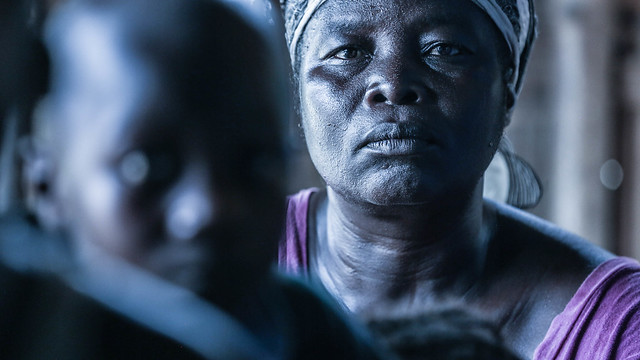African Ancestors and Atlantic Hurricanes: Myth Meets Meteorology
Why Atlantic Hurricanes Begin in Africa and the Legend of Angry Ancestors
This topic connects deeply with African science and folklore, as well as the forces shaping the continent in our African geography and climate guide.
Each year from June to November, the eastern coasts of the Caribbean, United States, and South America face powerful hurricanes born off Africa’s shores. But why?
The scientific reason begins with Sahara Desert dust storms and the transition of thunderstorms off the west coast of Africa. The waters of the North Atlantic are typically at their warmest while the Sahara is at its hottest from July through October, creating ideal hurricane conditions.
African legend: the paths hurricanes follow
Hurricanes are gigantic weather systems using convection — the movement of hot and cold air — to create dangerous rotating storms. They form close to the equator and move west or northwest through a region called Hurricane Alley, a stretch of warm Atlantic water from the west coast of Africa to the Americas.
Legend says this path is no accident — hurricanes follow the same routes once sailed by slave ships.
According to African oral tradition, hurricanes are the work of angry African ancestors, stolen from their homeland and seeking justice for the millions who died during the transatlantic slave trade and those forced into slavery in the Caribbean, Americas, and South America.
From a scientific view, NASA confirms that many hurricanes striking the Americas begin as storm systems off northern Africa. The wettest storms are driven by weather over one of Earth’s driest places — the Sahara Desert.
Nature and legend meet over the Atlantic
Hurricanes Named and Remembered
Hurricane Isabel was born near the Cape Verde Islands off Africa. The same waters produced Andrew (1992), Frances (2004), and Matthew (2016), which traveled more than 3,000 miles before hitting Florida. The 2025 hurricane season has already seen storms like [insert current notable storm] follow this same ancient route.
Legend of Angry, Grieving African Ancestors
More than 400 years ago, at the valley of the Ulanga River, the Battle of Mbwila marked a turning point. King António I of Kongo — Nvita a Nkanga — fell alongside warriors, women, and children. Survivors were captured and shipped away, never to return to their homeland.
Oral tradition says the sea still remembers their cries. On dark nights, voices echo along the shore: “Sunset, may there be no moaning of Africa’s soul when we put out to sea…” Hurricanes, in this telling, are those lost ancestors reclaiming their power across the Atlantic.
The majority of African captives were taken from the coast of West Africa — between today’s Senegal and Angola — especially from modern Benin, Nigeria, and Cameroon.
FAQ: Hurricanes and Africa
- Why do hurricanes start near Africa? Warm Atlantic waters and storms moving west from the Sahara create ideal conditions for hurricane development.
- What is the African ancestor hurricane legend? Many believe hurricanes follow slave ship routes as a spiritual response to the transatlantic slave trade.
- How does Sahara dust affect hurricanes? Dust can suppress storms early but also shape wind patterns that help storms organize and strengthen.
African Ancestors and Hurricanes — Myth Meets Meteorology
📚 This story is part of the Explore Africa Collection .


























